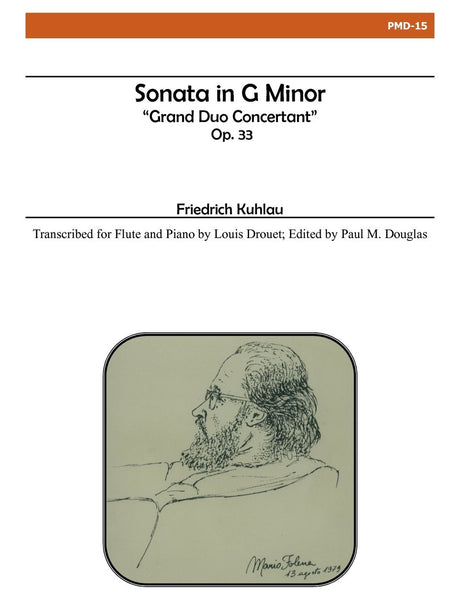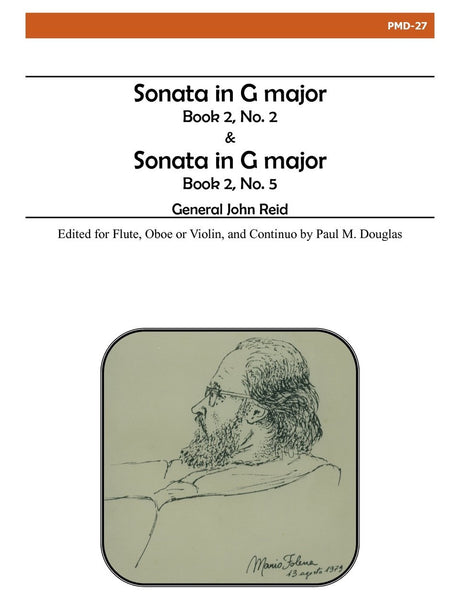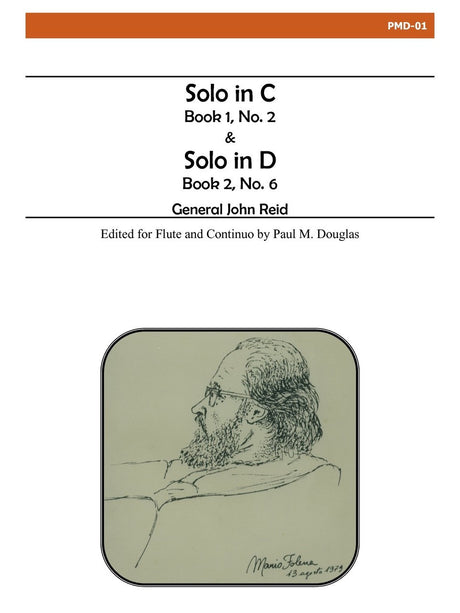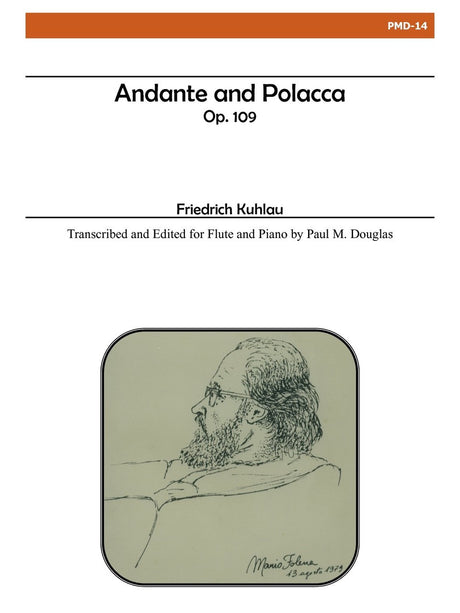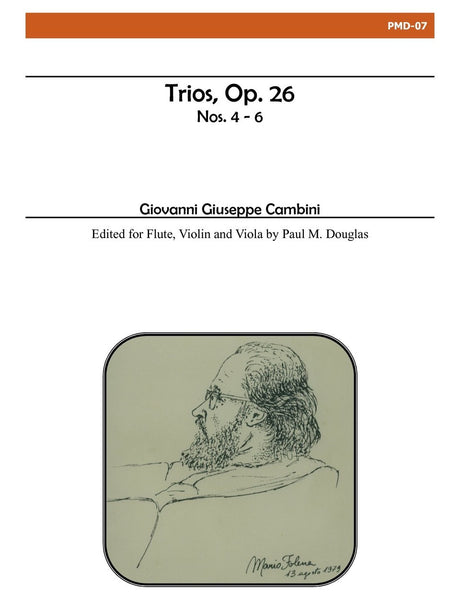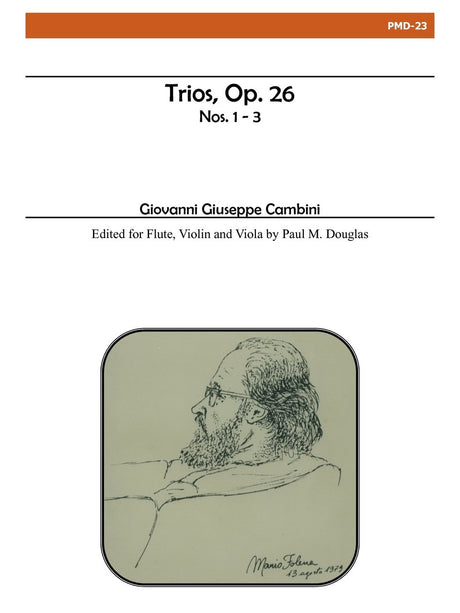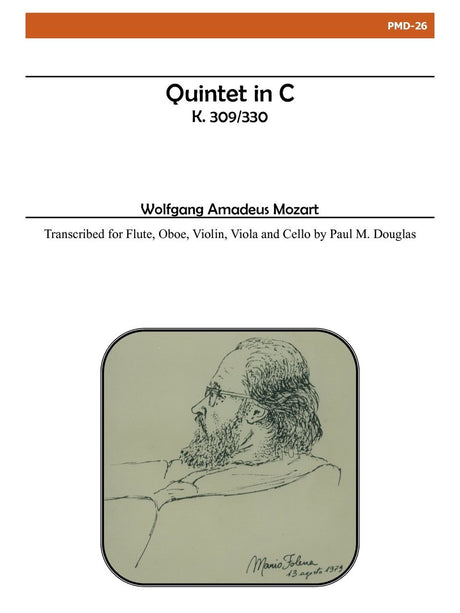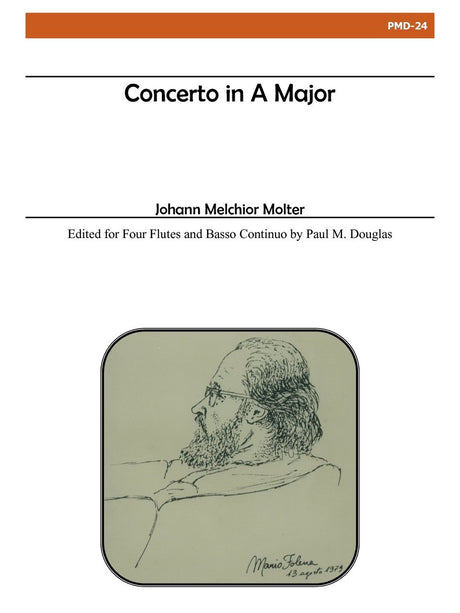Douglas, Paul M.

Paul M. Douglas (1936-2010)
Paul M. Douglas was born in Constantine, Algeria, of American missionary parents, and came to Canada in the fall of 1964 by way of France and the United States. He began composing while completing his high school education in France; his first compositions were performed at the Collège Cévenole in the Auvergne region. He continued to develop as a composer through his undergraduate years in Missouri as well as his graduate studies in Hartford, Conn.
After working as a high school music teacher in Missouri, Douglas pursued a Masters degree in music history, switching to flute performance in order to study with French masters Louis and Marcel Moyse. His first university appointment was at Drake University in Des Moines, Iowa: from there he went to Vancouver to assume the position of Full Professor at the University of British Columbia. His responsibilities at this institution were various: Professor of Music History, Chamber Music, Woodwind Techniques, Conducting, Flute and Baroque Flute, Director of Bands and Wind Ensembles and Coordinator, Wind and Percussion Instruments Division.
In 1967, Douglas became a founding member of the Vancouver Baroque Ensemble and from 1972-76 he was Musical Director and Conductor of the Vancouver Philharmonic Orchestra and Vancouver Camerata. Douglas has been actively involved in both composition and music editing. Many of his works have been performed and published, and many of his editions of 18th century chamber music have found publishers both in Canada and abroad. In 1973, Douglas became a Canadian citizen.
In discussing his own compositions, Douglas prefers not to use the word "style", but rather "approach". His music is artistically and aesthetically "people" oriented. This is the product of a long period of experience, association, study, teaching and performance of the music of many different composers and many different periods and national backgrounds. Through this long period he has developed his own approach to musical composition which endeavors to meet the criteria and demands of the work at hand.
In 1987, Douglas retired and moved to the dry, clean and healthy climate of the Rocky Mountain Trench, where he continued to pursue compositional, editorial and creative activities.

